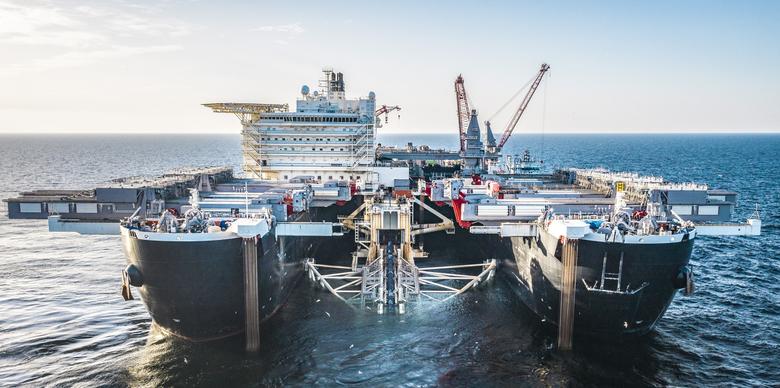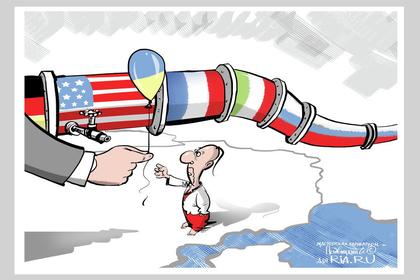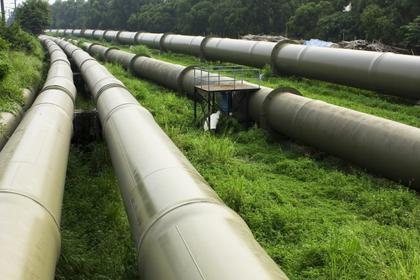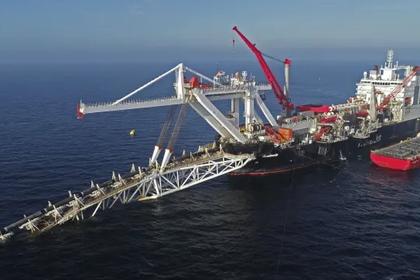
NORD STREAM 2 AMENDMENTS

PLATTS - The German parliament -- the Bundestag -- has voted to approve the implementation into national law of amendments to the EU gas directive that would directly impact the Nord Stream 2 gas pipeline.
Final confirmation from the German Federal Council -- the Bundesrat -- is expected on November 29.
Economic affairs and energy minister Peter Altmaier said Thursday the law would determine how to implement internal market rules around gas pipelines from non-EU countries.
New EU rules governing new offshore gas links with non-EU countries entered into force on May 23, with countries given nine months to implement the changes. The amendments to the directive require Germany to apply internal market rules to the EU part of the planned 55 Bcm/year Nord Stream 2 offshore link.
"The law implements a European compromise, in which we, together with France and the Commission and other member states played a major role," Altmaier said.
"This will determine how we will deal with our internal market rules in future when gas pipelines are affected with third countries outside the EU and in international waters," he said.
The ministry said it now assumes that the legislative process will be completed in a "timely manner" and that the law will possibly enter into force this year.
NORD STREAM 2 OPPOSITION
Nord Stream 2 is seeking to have the amendments in the Gas Directive canceled.
It began arbitration proceedings in September in a bid to force the EU to annul changes to the directive havingalready asked the EU's General Court in July to annul what it called "discriminatory" changes.
Nord Stream 2 argues that its Eur9.5 billion ($10.7 billion) investment was committed and nearly half the pipeline already laid before the new rules entered in force on May 23.
Investments in other gas import pipelines -- such as the first Nord Stream pipeline and links with North African countries -- that were made before the Gas Directive amendment was adopted are protected through a waiver.
The European Commission is keen to bring Nord Stream 2 under EU market rules so that it will have to reveal information about its costs, among other things, which would help Ukraine offer competitive tariffs for its rival transit route.
Arbitration cases such as that launched by Nord Stream 2 have an average duration of 2-4 years, meaning the changes will likely enter into force in Germany well before the arbitration proceedings are concluded.
Nord Stream 2's separate appeal to the EU's General Court was expected to take 20 months to reach its conclusion and so is also unlikely to be ruled on until after the changes are implemented in national law.
Russia planned to bring Nord Stream 2 online by the end of this year, before its transit contract with Ukraine expires, but permitting issues in Denmark have meant a delay in construction, with the line likely to be completed only in the first quarter or the second quarter of 2020.
-----
Earlier:













